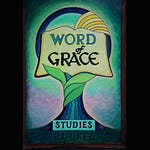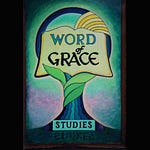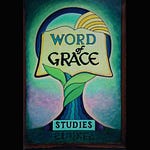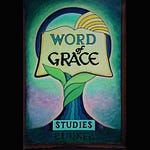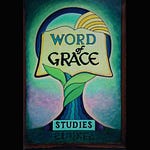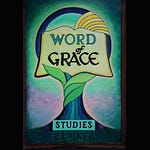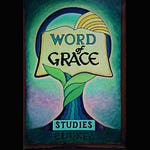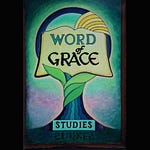In this video, we explore the major approaches to Eschatology—the study of last things—tracing how different theological systems interpret biblical prophecy.
We begin with the liberal system of modernized eschatology, which removes the supernatural elements from biblical prophecy, denies its validity, and connects future predictions about Jesus to the “search for the historical Jesus.” This view embraces higher criticism, treating prophecy as myth and Scripture as symbolic moral instruction rather than literal truth. The kingdom of God, in this system, becomes an ethical concept rather than a future reality.
Next, we look at demodernized eschatology, fathered by Albert Schweitzer, who argued that Jesus was obsessed with eschatology and wrong in anticipating a literal kingdom. Though this view accepts the accuracy of what Jesus taught, it claims His expectations were mistaken.
Realized eschatology, taught by C. H. Dodd, interprets eschatological prophecy as already fulfilled in the ministry of Jesus Christ. The kingdom of God, according to this system, arrived in His first coming and represents the fulfillment of Old Testament prophecy.
Existential eschatology, advanced by Rudolf Bultmann, regards the New Testament as myth—expressing the personal beliefs of its writers rather than objective history. It views eschatology as a timeless truth outside of history, focused on individual existential experience rather than literal future events.
Finally, we examine the conservative systems of eschatology, which interpret prophecy more literally, including three main schools of thought:
Postmillennialism, teaching that the kingdom of God exists in the hearts of believers and that the world will largely be converted before Christ’s return. Although it declined after the world wars, this view is resurging through movements like the social gospel.
Amillennialism, historically rooted in Augustine’s fifth-century writings, denies a literal thousand-year reign of Christ. It interprets the Book of Revelation symbolically, views the Church as “spiritual Israel,” and holds to a single universal judgment at Christ’s return. This position remains dominant in Roman Catholic, Orthodox, Lutheran, Reformed, Anglican, and Methodist traditions.
Premillennialism, grounded in a literal interpretation of Scripture, maintains clear distinctions between Israel and the Church and affirms a literal thousand-year reign of Christ following His return. It teaches two resurrections—one for the Church before the Tribulation (1 Thessalonians 4:17; 5:9) and one for Old Testament saints at the beginning of the Millennial Kingdom (Revelation 20:4–6)—with Israel playing a central role (Matthew 8:11). This remains the predominant view among Protestant and Evangelical assemblies.
Through this study, we uncover how these differing perspectives shape the understanding of prophecy, the kingdom, and the return of Christ.



